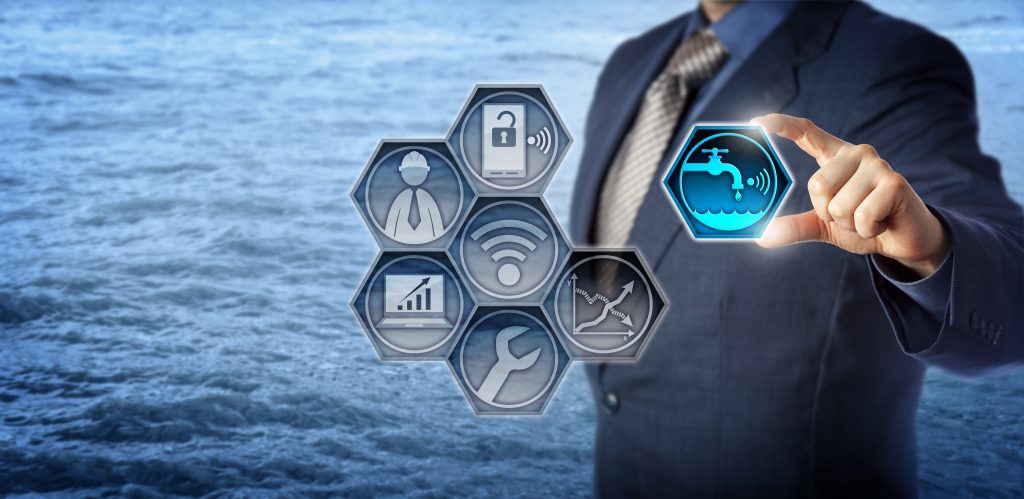
Effective in 2020, the new laws for water, gas, oil and electricity usage measures are applicable to all existing and new tenancy agreements. The changes mean for example, that water usage can only be charged where a separate bill is issued by the supplier for water charges (i.e Hunter Water) for the supply and use of water at the individual residential premises. This means that water usage can not be charged for multi apartment / flats style properties that are not individually separately metered by a meter installed by Hunter Water for each apartment/flat. The separate metering requirement and billing by the supplier also applies for Electricity, Gas and Oil use. Also re other water items, all taps and toilets on the property need to be checked at the start of a tenancy so that any leaks are fixed.
From 23 March 2025, all toilets in the rented properties must be dual flush with a minimum of 3-star rating in accordance with the Commonwealth Water Efficiency Labelling and Standards (WELS) scheme. Landlords who intend to replace or upgrade existing toilets in their property should consider installing dual flush toilets as per the guide lines in order to avoid additional expense in March 2025 when this change becomes effective.
The legislation states: Residential Tenancy Act 2010 No 42, Section 3 Definitions “separately metered “means that there is, in respect of residential premises, a meter– (a) that satisfies an Australian Standard prescribed by the regulations (if any) dealing with electrical, gas, oil or water metering equipment, and (b) that has been installed in accordance with the manufacturer’s instructions for installation or industry practice, and (c) that measures the quantity of electricity, gas, oil or water that is supplied to, or used at, only those residential premises, and (d) that enables a separate bill to be issued by the supplier for all charges for the supply and use of the electricity, gas, oil or water at those residential premises, and (e) if the meter is to measure the supply of electricity–in respect of which an NMI, within the meaning of the National Energy Retail Law (NSW), has been assigned, and (f) if the meter is to measure the supply of gas–in respect of which an MIRN or a delivery point identifier, within the meaning of the National Energy Retail Law (NSW), has been assigned.
Link to Fair Trading Web Site : Here
Walkom Real Estate Property Management Department 0249748900

